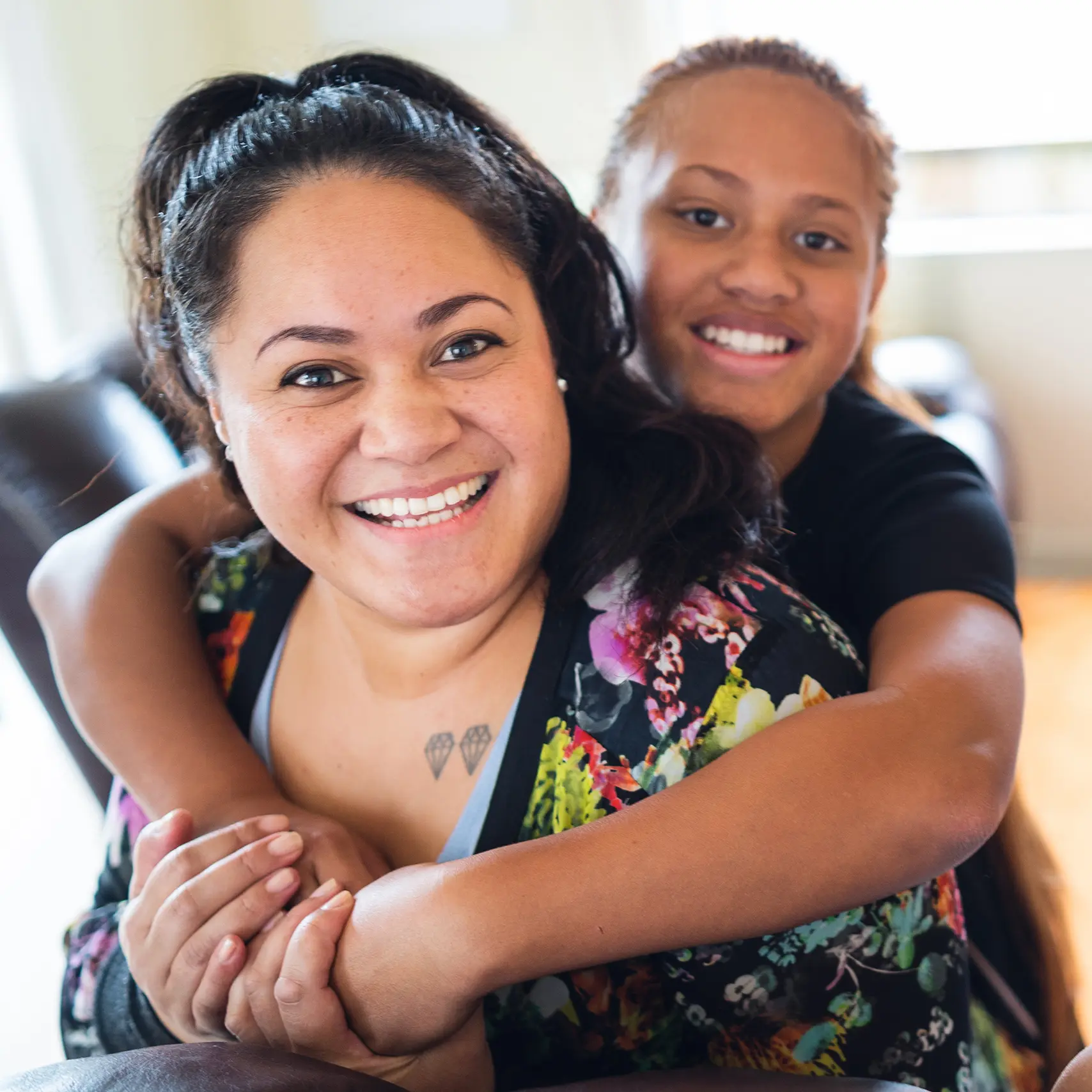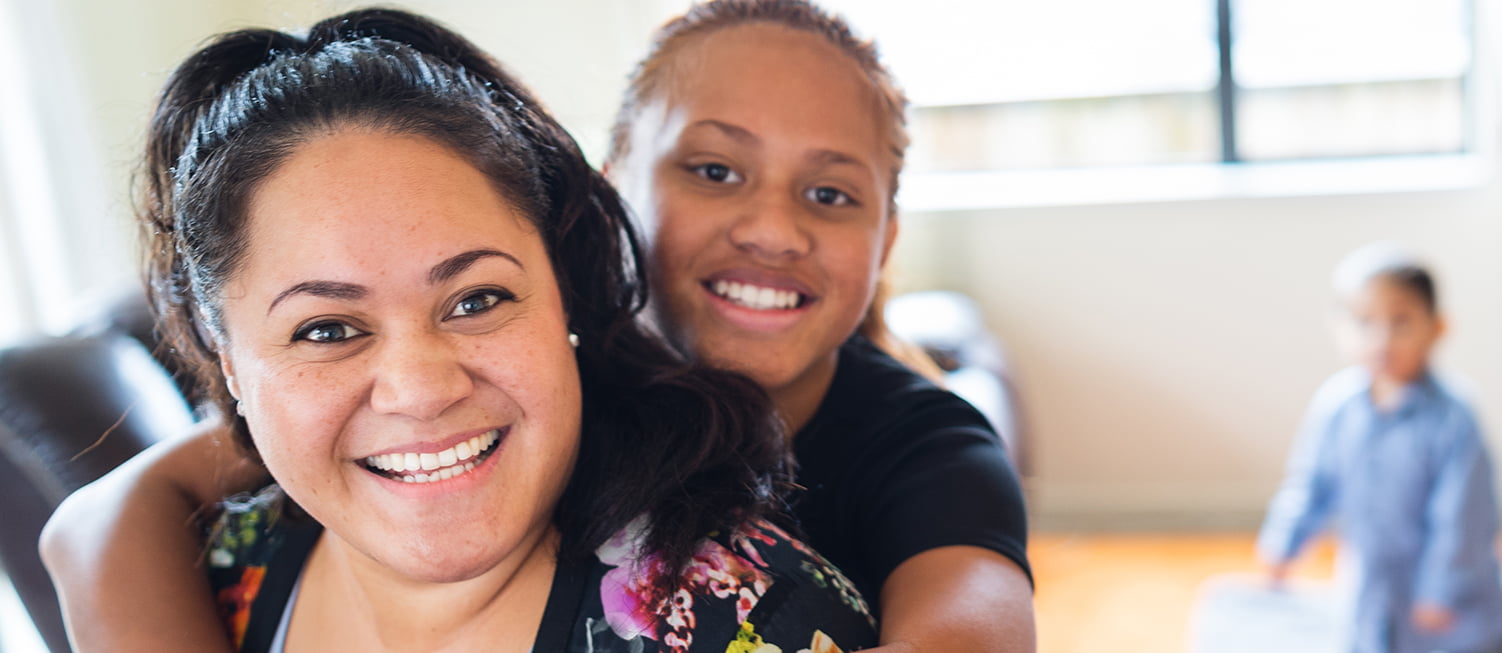What will the NDIS pay for?


The types of supports that may be funded by the NDIS depend on your individual needs. They can include supports around the house, personal care, a support worker to drive you to community activities, help to get a job and lots more.
If you’re wondering, “what will the NDIS fund?” you’re in the right place! Jump to each section using the links below.
NDIS supports in the home.
Supports that may be available to help you at home are mostly related to daily living and everyday activities around the house. These items are funded from your Core supports budget.
May be funded by the NDIS.
- Support with meal preparation
- Help with household tasks like cleaning
- Help with washing and ironing
- Offsite meal preparation and delivery services (excluding food costs)
- Lawn mowing and garden maintenance.
Not funded by the NDIS.
- Rent, board or mortgage repayments
- Emergency accommodation
- Household cleaning supplies
- General costs for power, water, internet or phone.
Personal care supports.
Personal care supports include help to complete daily living activities of a more personal nature, such as getting out of bed and showering. These supports are typically limited to 6 hours per day and funded from Core supports.
May be funded by the NDIS.
- Help with bathing, dressing and grooming
- Help with toileting, bowel and bladder management
- Assistance with eating and drinking
- Mobility support, including exercise
- 24/7, overnight and respite care.
Not funded by the NDIS.
- Child care services
- Supports parents usually provide for their children, such as driving them to appointments.
Supports to help you participate in work and the community.
The NDIS may help you to get out and about in the community, learn new skills, get a job or help you at work. Some of these supports are funded by Core – Assistance with social and community participation, while others are funded by Capacity Building supports.
May be funded by the NDIS.
- A support worker to drive you to community activities or medical appointments
- Help with personal care while at work or in the community
- Group classes or events
- Building skills like communication
- Help to get or keep a job and on-the-job training
- Help to move from school to study or work
- Career planning.
Not funded by the NDIS.
- Course fees
- Other costs not related to a disability such as student union fees
- Entry to events, galleries, cinemas or other activities.
Therapies and allied health supports.
These supports can help you learn new skills, become more independent or improve overall health and well-being. Therapies and allied health supports are funded from your Capacity Building budget.
May be funded by the NDIS.
- Psychology
- Physiotherapy
- Exercise Physiology
- Dietitians and Diet Plan development
- Occupational therapy
- Speech therapy
- Podiatry
- Behavioural supports.
Not funded by the NDIS.
- Diagnosis
- Seeing a doctor, dentist or specialist
- Hospital stays and surgery
- Allied health services not related to your disability.
Assistive technology (AT).
Assistive technology covers devices or equipment that help you do everyday activities you wouldn’t otherwise be able to do, like eat, drink and move safely. It also covers more complex customised technology. Low cost AT under $1,500 can be flexibly purchased from your Core – Consumables budget. Complex and more expensive AT is funded by your Capital supports budget.
May be funded by the NDIS.
- Low cost items such as non-slip bath mats, bath seats, adaptive cutlery, walking sticks and kitchen aids
- Vibrating alarms and smoke alarms
- Pressure mattresses
- Handrails and bath seats
- Wheelchairs and other mobility aids
- Help by skilled personnel in aids or equipment assessment, set up and training (from your Capacity Building budget)
Not funded by the NDIS.
- Rehabilitation supports
- Non-disability related apps
- General household furniture or appliances.
Capacity Building supports.
Capacity Building supports help you learn new skills and become more independent and funding comes from the Capacity building budget in your NDIS Plan.
May be funded by the NDIS.
- Programs and activities that build skills
- Therapy to help build physical or mental wellbeing
- Learning budgeting skills
- Improving language and communication skills
- Driver assessments
- Driving lessons to help you learn how to drive a modified vehicle
- Developing social skills so you can become more active in your community.
Not funded by the NDIS.
- Driving lessons to help you reach the required number of hours to get a licence
- The cost of the activity itself (with some exceptions).
Consumable items.
Consumable items covers low cost assistive technology or disposable items that you need because of your disability. Funding for these items comes from a dedicated Consumables budget under Core supports.
May be funded by the NDIS.
- Supports to help with eating or nutrition
- Adapted cups, spoons and cutlery
- Some adapted cooking utensils and basic appliances
- Continence products, pads, pull-ups and nappies.
Not funded by the NDIS.
- Medicines or vitamin supplements
- Cosmetics or general toiletries
- Food and groceries.
Home and vehicle modifications.
Obtaining funding for home and vehicle modifications can be complicated. An assessment by a qualified professional is usually required. Home or vehicle modifications require a quote and must be stated in your NDIS Plan in order for you to use your NDIS funding to purchase them.
Home modifications the NDIS may fund:
- Changes to the structure, layout or fittings of your home so you can safely access it and move around comfortably
- Installation of ramps and other access improvements
- Platform lifts and hoists
- Widening of spaces such as bathrooms and showers.
Vehicle modifications the NDIS may fund:
- Changes to a vehicle, or the installation of equipment in a vehicle that enables you to access, use and operate the vehicle
- Technology that helps you get in and out of the vehicle or carry a wheelchair
- Specialised controls.
Other supports the NDIS may cover.
- Supports to help you manage your NDIS Plan, including support coordination and Plan management
- Specialist Disability Accommodation and Supported Independent Living
- Art or music therapy.
This information is provided by Leap In! and is for general information purposes only and should not be taken as legal advice. Before claiming, it is important to consult the NDIS rules which are available on the NDIS website. Any supports or services purchased with your NDIS funding must meet the “reasonable and necessary” requirements.
Things the NDIS does not fund.
Some things not funded or provided by the NDIS include:
- Community mental health services
- Immunisation
- Rehabilitation
- Medications
- Unemployment benefits
- Child care
- Food or groceries
- Rent or mortgage payments
- Mobile phone costs
- School, TAFE or university fees
- Home repairs or maintenance
- Entry fees to cinemas or attractions.


Do you need help making sense of your NDIS Plan?
Call Leap in! to book your FREE Understand Your Plan Session with an expert plan manager.
- Get help you understand the funding in your NDIS plan
- Learn about the different budget categories
- Find out about the kinds of supports you can use
- Get tips and tricks about how the NDIS works.
It doesn’t matter if you’re self-managed, NDIA-managed or with another plan manager.
Call 1300 05 78 78 to make your booking today or click through to register your interest and we’ll call you!
New to the NDIS?


NDIS Plan budget categories explained


